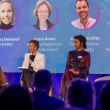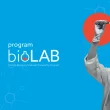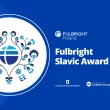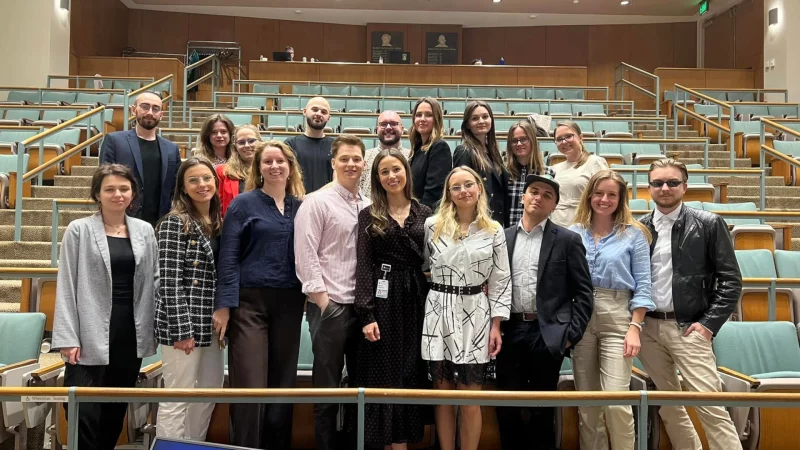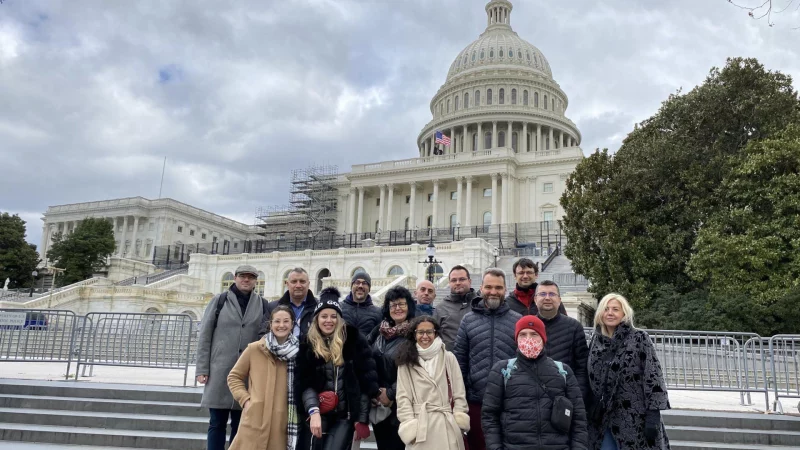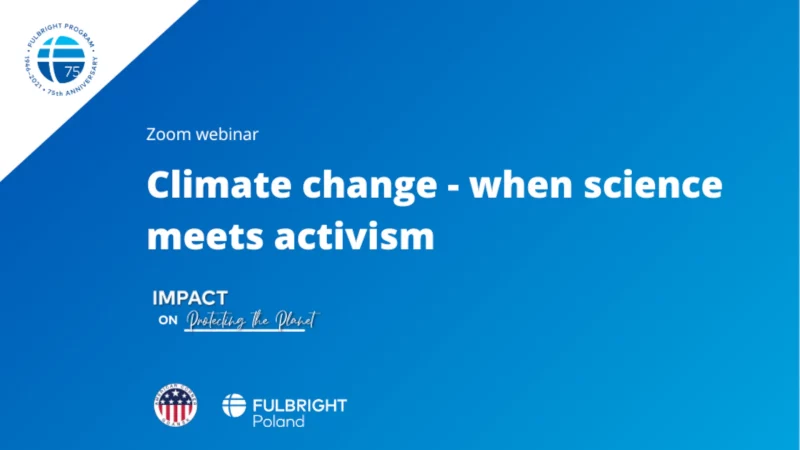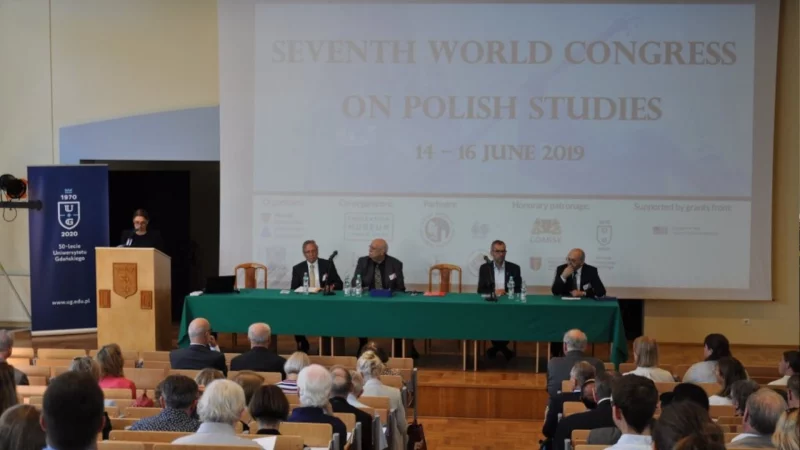On May 11, participants of the BioLAB Program at the University of Virginia gathered for their annual symposium. The event serves as an opportunity to summarize their one-year internship and showcase their research results. This year, the symposium returned to its traditional, in-person format.
The welcome speeches were given by Zygmunt Derewenda, the BioLAB Program founder, Justyna Janiszewska, Executive Director of our Commission, Stephen Mull, Vice-Provost for Global Affairs, and Janet Cross, Associate Dean for Graduate and Medical Scientist Programs.
The symposium was divided into three sessions, with students delivering 15-minute presentations.
First session
- Maciej Głuc, Uniwersytet Jagielloński: “Regulation of protein synthesis in cell dormancy”
- Katarzyna Żymańczyk, Uniwersytet im. Adama Mickiewicza w Poznaniu: “Determining structure of chitin synthase as well as the molecular and mechanistic basis for chitin biosynthesis”
- Zofia Bosowska, Politechnika Śląska: “Comparison of two platforms for optimal genotyping of Diversity Outbred mice”
- Julia Rymuza, Uniwersytet Warszawski: “Methods for constructing and evaluating consensus genomic interval sets”
- Mateusz Miszczuk, Szkoła Główna Gospodarstwa Wiejskiego, “Construction of a Polygenic Risk Score assessing kidney graft survival after transplant”
Second session
- Julia Błaszczyk, Pomorski Uniwersytet Medyczny w Szczecinie, “Interaction of metabolic and epigenetic control in colon cancer”
- Anna Ferenc, Uniwersytet Jagielloński, “Determine the importance of the chromatin remodeling complex SMARCA5 and BAZ1B in regulated non-small cell lung cancer metastasis”
- Martyna Główczyk, Uniwersytet Jagielloński: “Targeting AVIL oncogene in rhabdomyosarcoma and glioblastoma”
- Julia Kirylczuk, Politechnika Warszawska, “How the mutations of epigenetics proteins lead to cancer and certain developmental disorders”
- Weronika Tokarska, Politechnika Warszawska, “The role of the Gαi-binding protein Girdin in non-canonical Wnt signaling and planar cell polarity in the inner ear”
- Krzysztof Wierbiłowicz, Międzyuczelniany Wydział Biotechnologii Uniwersytetu Gdańskiego i Gdańskiego Uniwersytetu Medycznego, “Leveraging Computational and Biochemical Analysis to Understand PARP7 Function in Prostate Cancer”
Third session
- Klaudia Augustyn, Uniwersytet Warmińsko-Mazurski: “The role of peptidoglycan recognition protein 1 (PGLYRP1) in the blood-brain barrier (BBB) integrity, and cognitive function after surgery”
- Zuzanna Juśkiewicz, Uniwersytet Jagielloński: “PIEZO2 in lymphatic endothelium”
- Piotr Kraszewski, Uniwersytet Jagielloński: Department of Neuroscience
- Khosiyat Makhmudova, Uniwersytet Wrocławski: “SEPT9 isoform-specific function in gut epithelium”
- Maria Marlicz, Pomorski Uniwersytet Medyczny w Szczecinie: “Motor Deficits Following Neonatal Hypoxic-Ischemic Brain Injury”
- Kevin Schneider, Uniwersytet Wrocławski: “Characterizing Efferocytosis by Select Phosphatidylserine Receptors in Macrophages”
Closing remarks were delivered by Phillip Trella, Associate Vice Provost and Director of the Office of Graduate and Postdoctoral Affairs.
Click button below to access full event agenda:


